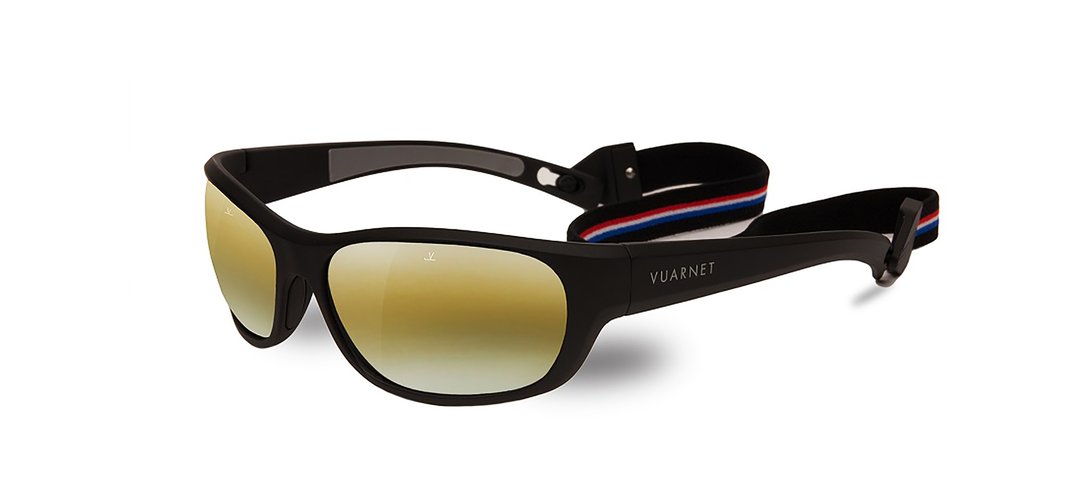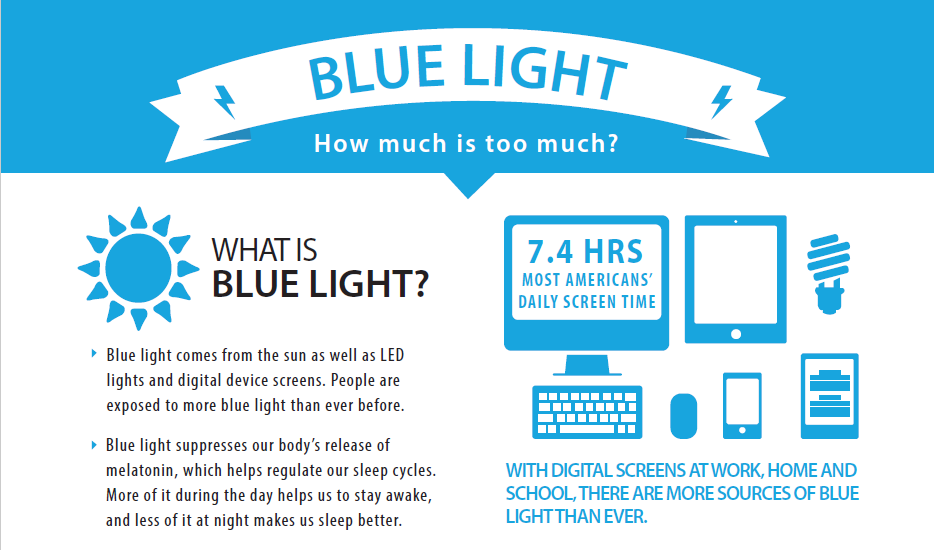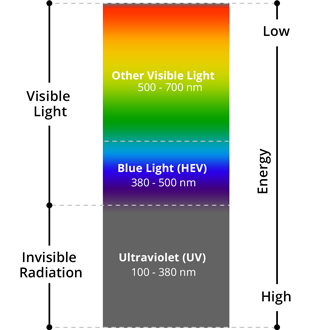Almost every professional golfer will tell you the importance of having a high quality eyeglasses while on the golf course. This is the reason why numerous eyeglasses brands have started creating sunglasses and lenses specifically made for golfing. Golf sunglasses should enhance your vision, provide comfort for all day use, and be designed to protect your eyes from the sun or any outdoor elements. After all, in spending a day on the golf course, you may face all kinds of weather conditions.
Golfing in low light or cloudy conditions? Learn more about NightLynx Lenses
Golf Sunglasses vs Regular Sunglasses
Golf sunglasses are specially designed for those who love to spend the whole day outdoors. Therefore, it features several differences from a regular or fashion prescription sunglasses. The best golf sunglasses should provide enough protection from the elements, unsurpassed vision quality and contrast, and improved comfort, as well as, durability than a pair of regular sunglasses.
Golf sunglasses should come with lenses that can absorb and filter out blue light because which offers a unique color enhancement. Theses lenses there are able to enhance the golf ball’s white color against the green background. Sunglasses with base lens colors such as Brown or Yellow are the best for golfing
Also Read: Is Blue Light Harmful to Your Eyes?
The frames of the golf sunglasses are usually made of lightweight material. In addition, it should also be as minimal as possible especially around the bottom of the lenses. This feature will enhance your vision of the ball when you are about to hit it. Thicker frames tend to interfere with your vision.
The lenses for golf sunglasses are cut differently from regular lenses. Golf sunglasses use lenses that are designed to reduce distortion and improve visual acuity especially in the lower part of the lens to enable the wearer to focus on the ball at their feet accurately. Regular sunglasses typically offer clearer vision in the middle part of the lens, which is the suitable sunglasses for driving, biking, and many other sports. There is also greater distortion around the top and bottom parts of the lenses with regular sunglasses which you want to avoid when on the golf course
Also Read: Benefits of Digital Eyeglass Lenses
Regular and fashion sunglasses are not always designed for an all day use. The best golfing sunglasses are made to be lightweight and durable, and usually made of acetate or titanium material. Golfers need their sunglasses to stay in place especially when they are looking down the ball before a swing. A good golf sunglasses should be designed to sit securely on your head all day long even when you move around and are swinging your golf club. Wrap sunglasses are the best option for a lightweight frame that will stay on your face all day long. Vuarnet Wrap Sunglasses with Ski-lynx Yellow Lenses pictured below:
What to Look For When Buying Golf Sunglasses
If you are looking for the best sunglasses in the market, there are several features to check before buying.
Eye Protection
Ideal golf sunglasses should provide 100% UV protection. Some golfers love to use polarized sunglasses, while others do not like this particular tint because it can interfere with visual depth perception. In the end, the choice between non-polarized or polarized lenses comes down to personal preferences. One of the key benefits of polarized lenses is that in reduced the reflection off of surfaces which could benefit golfing on courses that have a lot of water hazards.
Visual Quality
Most golfer understands the importance of perfect visual acuity when on the golf course especially around the greens. This is particularly important when tracking your drive down he fairway or in the unfortunate situation of hitting into the rough. Choosing the right pair of golf sunglasses can provide excellent visual contrast when looking at the white ball against the green grass or blue sky as well.
No one enjoys walking around the course struggling to find your ball or sitting on a green not being able to read the proper line. Stop by iCare Family Vision today to find a great pair of golf sunglasses that could not only improve your golf game, but also allow you to enjoy being out in the sun even more.









